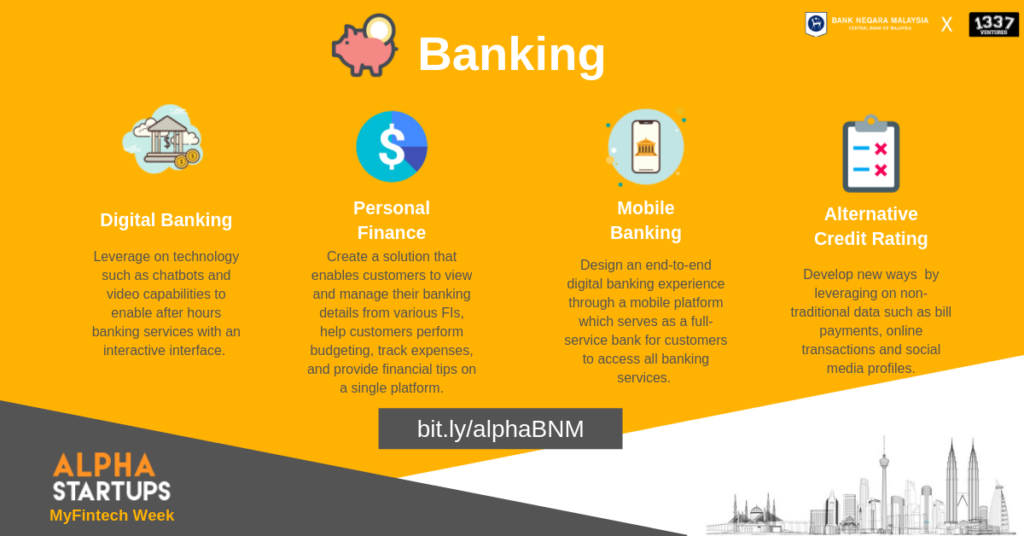
What can a startup founder with a brilliant business idea and a pressing need for funding do? A popular answer, especially among technology startups, is to pitch your idea to a venture capital firm.
Are you an entrepreneur with a promising startup but limited resources? Do you have an exciting idea but lack the funds to bring it to life?
Enter venture capital, a form of financing that has helped Carsome, ByteDance, Grab, Canva, and many others grow their businesses. But what exactly is venture capital, and how does it work?
Let’s take a deep dive to learn everything you need to know about venture capital and how it can help take your startup to the next level.
What is Venture capital?
Venture Capital, abbreviated as VC, refers to a form of private equity that supports startups and small businesses that may not have a proven track record but offer promising growth potential.
Unlike traditional financing, VCs focus on innovative and scalable businesses that are often tech-enabled, such as healthtech, fintech, agritech, and AI. Many of the world’s top venture capital firms often lean towards technology in some form or another, which is why VC has become nearly synonymous with Silicon Valley startups.
Venture Capital firms not only offer funding but also actively work to enhance the value of the startups they invest in by providing resources and expertise tailored to the specific industry ecosystem.
What is a Venture Capital Fund?
A venture capital fund (VC fund) is a pool of capital raised by VCs to invest in a portfolio of early-stage startups. VCs employ general partners (GPs) to raise funds from investors known as limited partners (LPs). LPs typically include high-net-worth individuals, institutional investors, corporations, insurance companies, and pension funds.
The primary responsibility of the GPs is to allocate and manage these funds, investing in startups in exchange for equity. In Malaysia, VCs are licenced by the Securities Commission Malaysia to operate. This is similar in other countries.
In Malaysia, VCs are required to register with the Securities Commission Malaysia to operate. Examples of VCs in Malaysia and Southeast Asia include:
- 1337 Ventures: An independent Malaysian VC that invests in early-stage tech startups. It supports portfolio companies through its Alpha Startup Pre-Accelerator programme, nurturing over 3,500 alumni. Portfolio includes ParkEasy, Arus Oil, and Vircle.
- Gobi Partners: Headquartered in Kuala Lumpur and Hong Kong, Gobi Partners supports entrepreneurs from early to growth stages, focusing on emerging and underserved markets. Portfolio includes Carsome, Aerodyne, and Durioo+.
- RHL Ventures: A multi-stage Malaysian venture capital investor across Southeast Asia. Portfolio includes Pomelo, Coffee Meets Bagel, and Funding Societies.
How does Venture Capital work?
As a startup founder, you can reach out to venture capital firms through accelerator programmes, industry events, network connections, LinkedIn, or by submitting your pitch deck. If a VC is interested, they’ll conduct due diligence to evaluate your startup’s market viability, scalability, financial position, and performance.
Once the decision to invest is made, the VC will negotiate the terms, including the amount of funding, the equity stake, and any additional support or resources. With the agreement signed, the funds will be injected into your startup, enabling growth, operational expansion, and new product development.
VCs often take an active role in the management of the startup, providing strategic guidance, helping with talent acquisition, and connecting the startup to other investors and potential customers.

Why do startups need Venture Capital Funding?
VCs typically focus on specific industries like technology, financial services, hardtech, agritech, healthtech, and AI. They also focus on geography and stages of business development. Here are some of the key advantages of venture capital funding:
- Access to Funding: Startups can secure the necessary capital to grow and expand.
- Expert Guidance: VCs provide valuable advice and support to help startups succeed.
- Industry Connections: VCs introduce startups to important contacts and resources.
- Risk Sharing: VCs share the risks of investing, easing the burden on founders.
- Potential for Growth: With the right funding and support, startups can achieve rapid growth.
Stages of VC funding
Venture capital firms support startups at various stages of growth, from new ventures to established companies:
- Pre-Seed/Seed Funding: Provided at the earliest stages, often when the business is still in the ideation phase or has a minimal viable product (MVP).
- Early-Stage Funding (Series A & B): For companies that have demonstrated market traction and are poised for rapid growth.
- Expansion or Growth Capital: For established companies looking to scale operations, enter new markets, or develop new products.
- Late-stage funding: For companies nearing maturity or preparing for an IPO or acquisition.
Click here for a full breakdown of each funding stage: https://1337.ventures/understanding-startup-funding-rounds-in-Malaysia/

How Do Venture Capital Firms Decide When to Cash Out?
VCs typically aim for exits within 5 to 10 years, influenced by market conditions, company performance, and the VC fund lifecycle. Common exit strategies include initial public offerings (IPOs), mergers and acquisitions (M&A), and stock buybacks.
Is Venture Capital Funding for you?
For your startup to succeed, you need a great idea, passion, funding, a strong team, market understanding, and effective execution.
While you can start with bootstrapping and funds from friends and family, venture capital funding from investors who believe in your idea can significantly accelerate your growth by providing not only capital but also advisory support and valuable industry connections.
If you are a Malaysian or Southeast Asian startup looking for funding, you can pitch to us by booking a slot in our 1337 Ventures Pitch Tuesday session, https://1337.ventures/pitch-tuesday/




